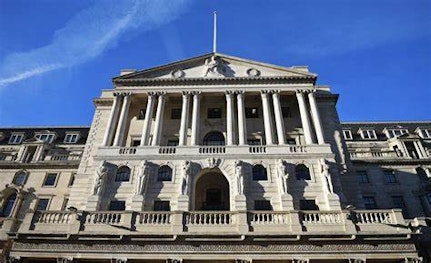Principles of Investing
Meet the team who actively manage your investments.
Whilst reading the latest market update we continue to encourage all clients to follow the basic principles of investing, which include:
Focusing on your longer term investment objectives. Don’t make important investment decisions based on short term market commentary or speculation.
Stay invested for the longer term; normally at least five years.
Remain diversified across different sectors, asset classes and geographies to reduce risk and enhance returns.
Understand your overall attitude to investment risk and how this works. Regularly review your attitude to risk with your adviser.




